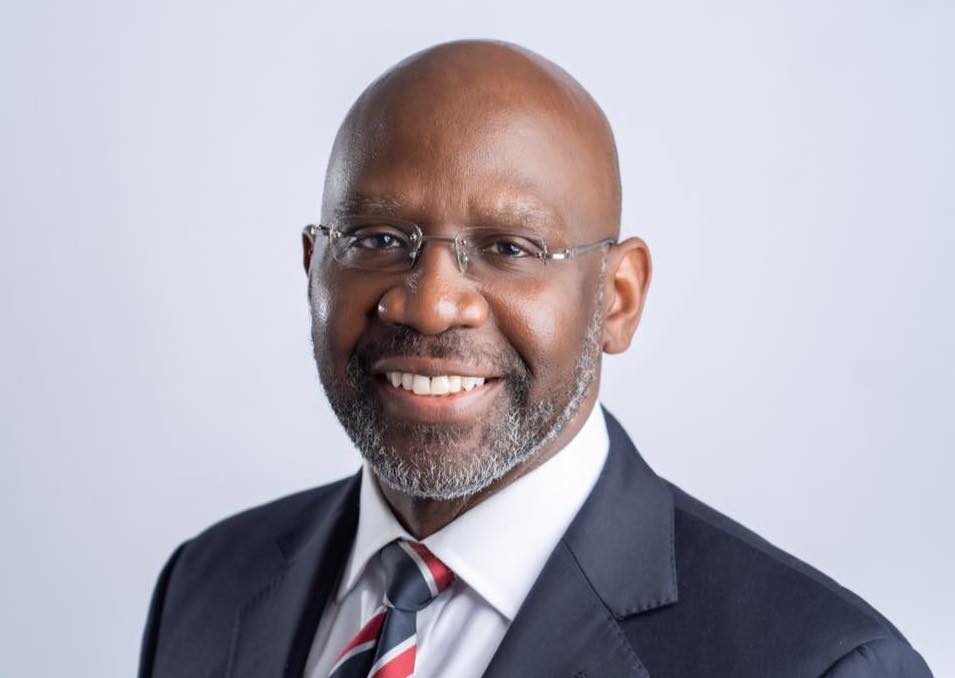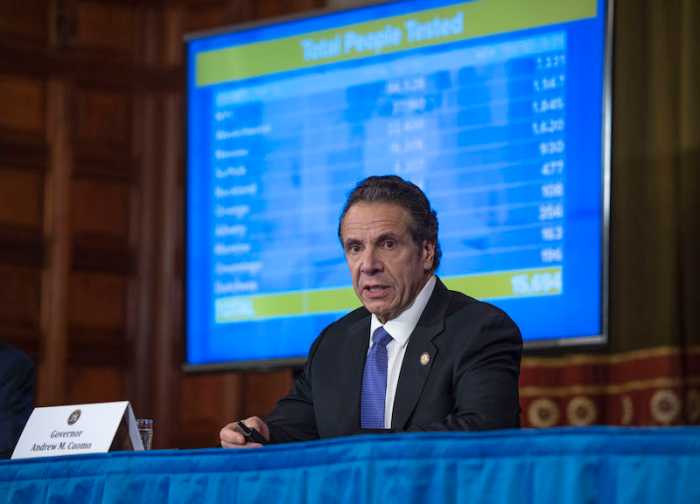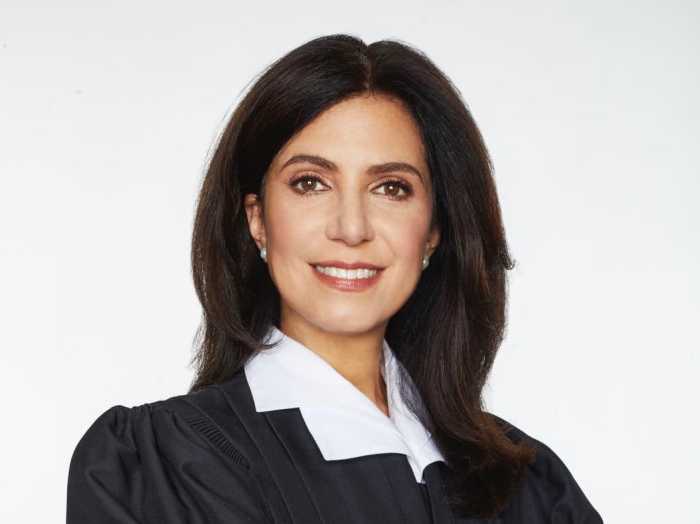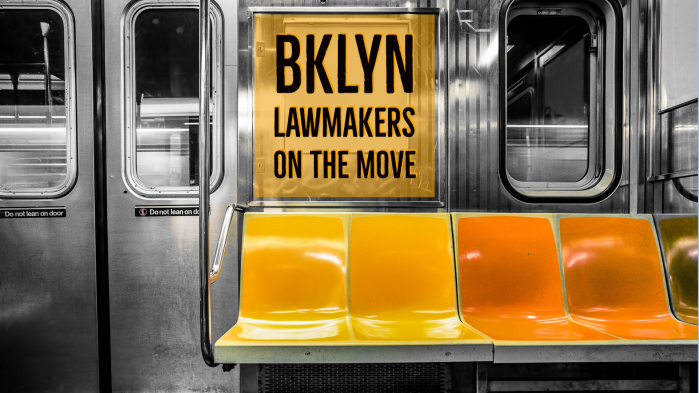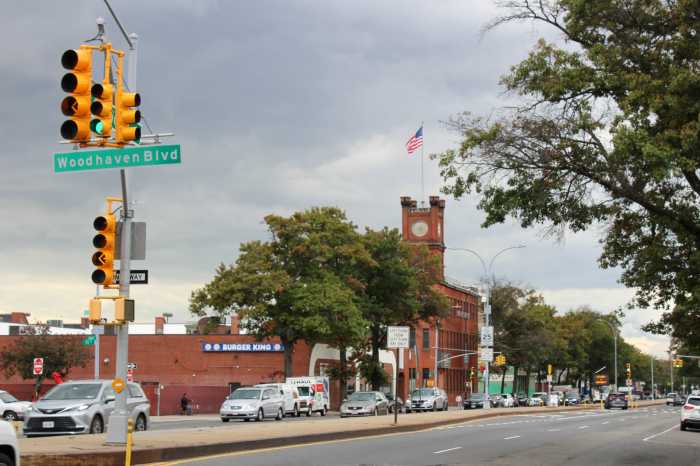From pulpit to politician, Reverend Robert Waterman is one of the nine candidates in the running for City Council District 36’s soon-to-be open seat, in which term-limited City Councilmember Robert Cornegy (D-Bedford-Stuyvesant, Northern Crown Heights) currently represents.
Waterman is a well-known pastor at Antioch Baptist Church in Bed-Stuy and serves as President of the African American Clergy & Elected Officials (AACEO). He is a lifetime member of the National Association for the Advancement of Colored People (NAACP) and has served on Community Board 3. He is also married to Attorney Lola Waterman, who is running for Civil Court Judge in the 2nd Municipal Court District.
The city’s campaign finance board released its latest reports of candidates’ funds this week. Waterman had raised $33,093 in contributions. He claimed $20,125 as the threshold for the city’s $8 to $1 matching public payments program that helps candidates for city council get additional money, but didn’t meet it.
Waterman was born in New York but raised in North Carolina on a tobacco and cucumber farm.
“It is laborious because at the time my grandmother only had one tractor and we had to field crop it, walking. And every weekend there’s 3 to four leaves of a layer you have to crop,” said Waterman about his adolescence.
No stranger to hard work, he made the move back to New York for college. “Went to Brooklyn College and flunked out,” said Waterman, self-deprecating. After an arduous journey trying to find a job, he finally landed in the mailroom for an engineering firm. By the late 1980s, he said, he was moving up in the company and stayed in the industry for years before becoming a pastor.
Waterman said the congregation was lucky when the pandemic hit to have owned their building. Many religious organizations, he said, couldn’t afford to keep on church staff and had to make cuts to musicians, pastors, and clergy.
“It’s been hard and difficult but we’ve tried to mobilize people through social media, and streaming the ministry,” said Waterman. “We’re not fully operating yet.”
His main policies center around police reform, healthcare, and education.
Waterman said he supports adopting the experimental community policing model that was piloted in Brownsville’s 73rd Police Precinct and has had positive results so far.
“The 73rd doing that type of community policing is getting the community back involved with policing itself, that models a great model,” said Waterman.
He envisions a positive dynamic between the NYPD and disenfranchised communities, and not one that resorts to violence at the earliest opportunity. He said cops should be focused on community outreach, de-escalation, and public safety.
On the topic of education, Waterman said that the COVID crisis highlighted the district’s disparities in internet access, reliable housing, and food insecurity.
“I’m an educator, I was a substitute teacher at P.S. 5, for six to seven years,” said Waterman. “I knew the difficulty of teaching our children. When COVID hit, the disadvantage of our Black and Brown families. There’s something like a 48 percent of single parents in shelters happening in our community.”
He said that shelters that temporarily housed parents and children may have had iPads given to them but didn’t have Wifi. “You did not know how to reach these students because they were offline,” said Waterman.
Waterman also worked as the vice president of three hospitals in the district and uses that experience to inform his healthcare policies. He’s been partnershipping with the NYPD to bus seniors to Interstate Hospital from senior centers to get the COVID vaccine or tested. “I would pray with them on the bus and then we would literally walk them through the paperwork, then from the bus to the vaccine center and then comfort them throughout the process,” said Waterman. “It’s not always what you’re going to do as a city councilperson, it’s what you’re doing now.”
He said emphatically that hospitals need funding, and he’d fight hard to secure that in the budget if elected.


